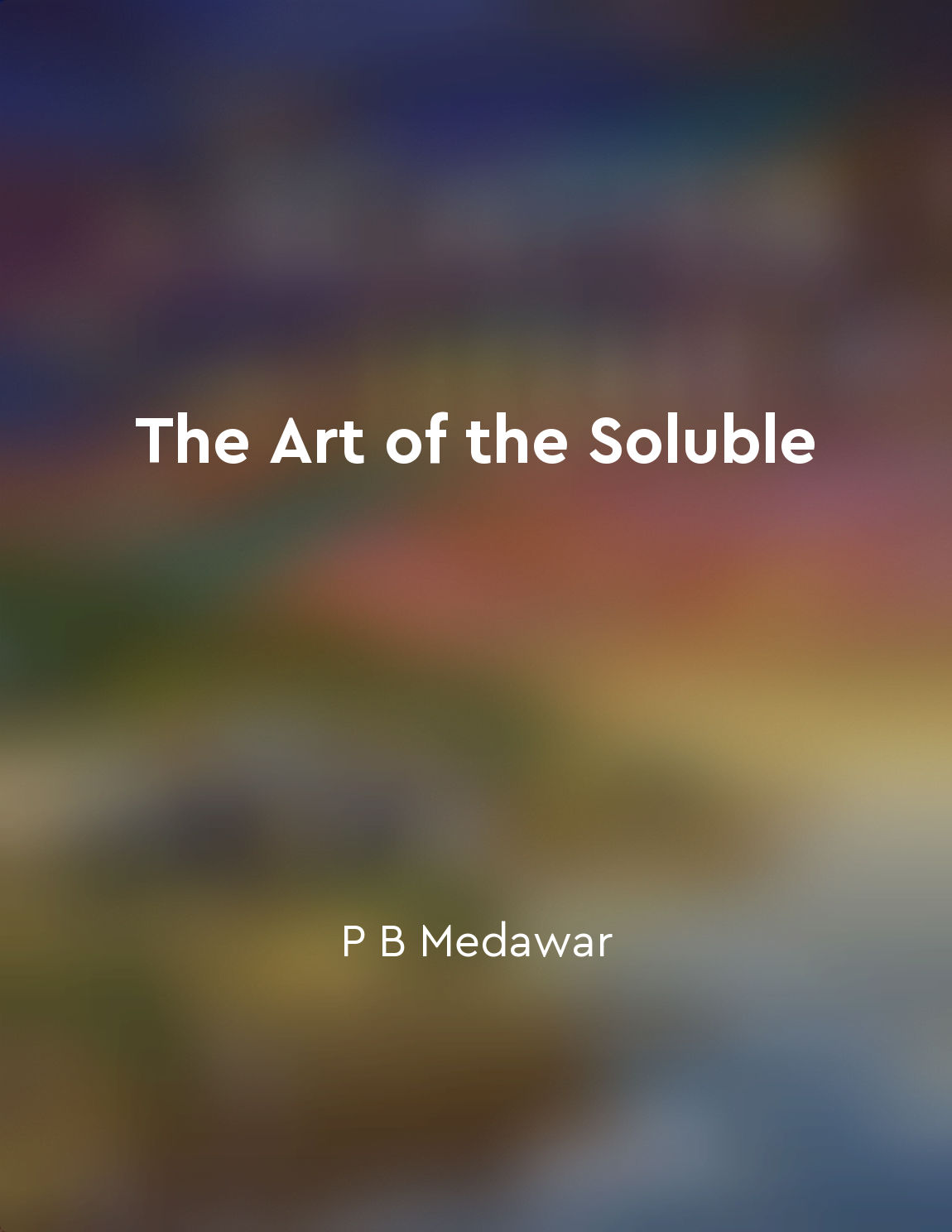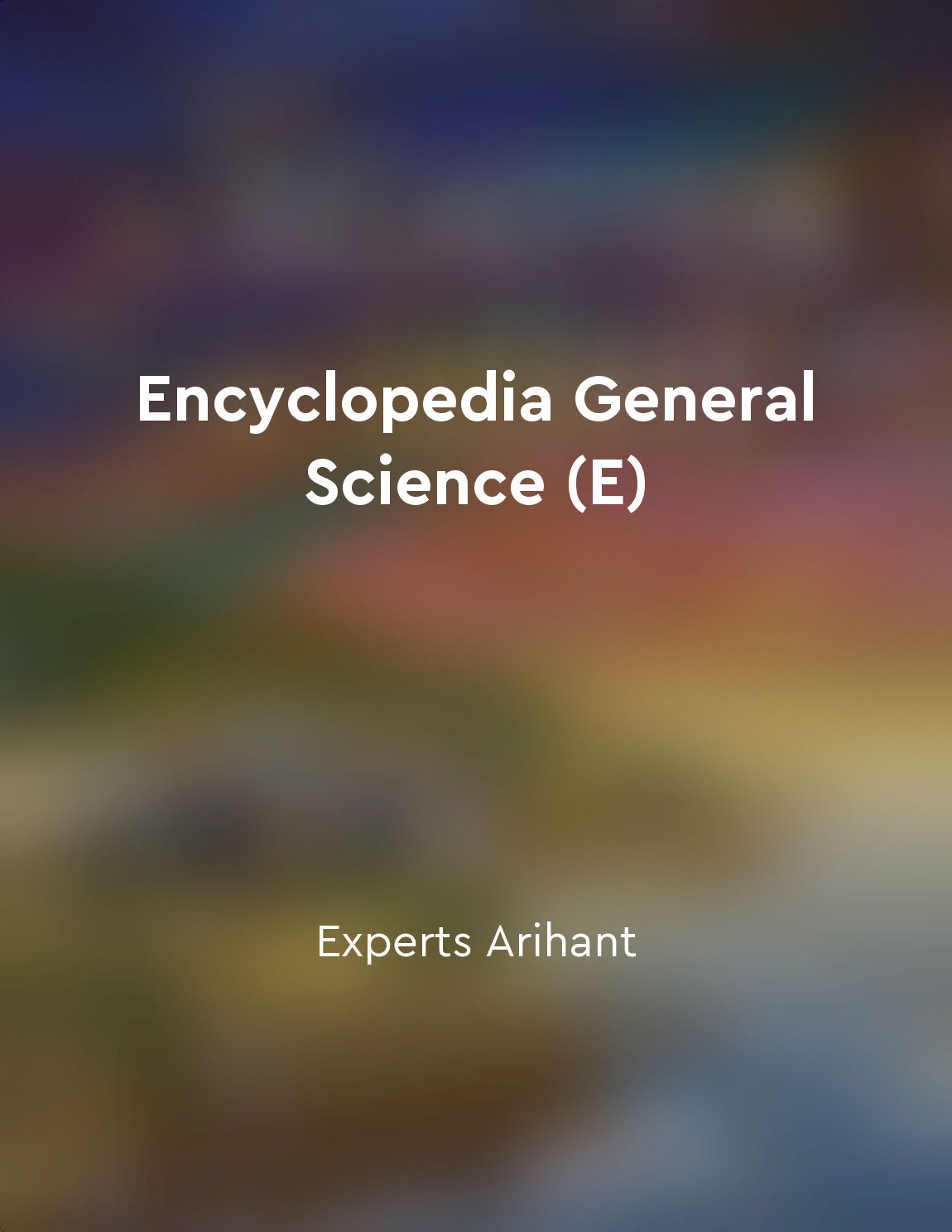Geology explores the formation and evolution of the Earth from "summary" of Encyclopedia General Science (E) by Experts Arihant
Geology is the scientific study of the Earth's composition, structure, processes, and history. It explores how the Earth was formed and how it has changed over time. Geologists examine rocks, minerals, fossils, and other materials to piece together the story of our planet's past. By studying the rocks and layers of the Earth's crust, geologists can uncover clues about the processes that have shaped our planet. They use techniques such as radiometric dating, seismic imaging, and satellite mapping to understand the Earth's dynamic nature. One of the key principles of geology is uniformitarianism, which states that the same natural laws and processes that operate today have been at work throughout Earth's history. This principle allows geologists to interpret ancient rocks and formations in terms of modern processes. Geologists also study the Earth's interior, using seismic waves and other methods to probe beneath the surface. By understanding the structure and composition of the Earth's layers, they can infer how the planet has evolved over billions of years. The field of geology is vast, encompassing sub-disciplines such as mineralogy, petrology, geomorphology, and paleontology. Each of these fields provides unique insights into different aspects of the Earth's formation and evolution.- Geology plays a crucial role in helping us understand the history of our planet and predict how it may change in the future. By studying the Earth's past, geologists can gain valuable insights into the forces that shape our world today.
Similar Posts
Superstition can lead to harmful beliefs and practices
Superstition can be a dangerous force in society, leading people to believe in harmful practices and beliefs that have no basis...
Mineral formations indicate environmental conditions
Mineral formations serve as silent indicators of the environmental conditions under which they were formed. By examining the co...
Mineral formations indicate environmental conditions
Mineral formations serve as silent indicators of the environmental conditions under which they were formed. By examining the co...

The pursuit of knowledge requires an open mind and a willingness to explore new ideas
To truly pursue knowledge, one must possess an open mind that is receptive to new ideas and possibilities. This openness allows...


